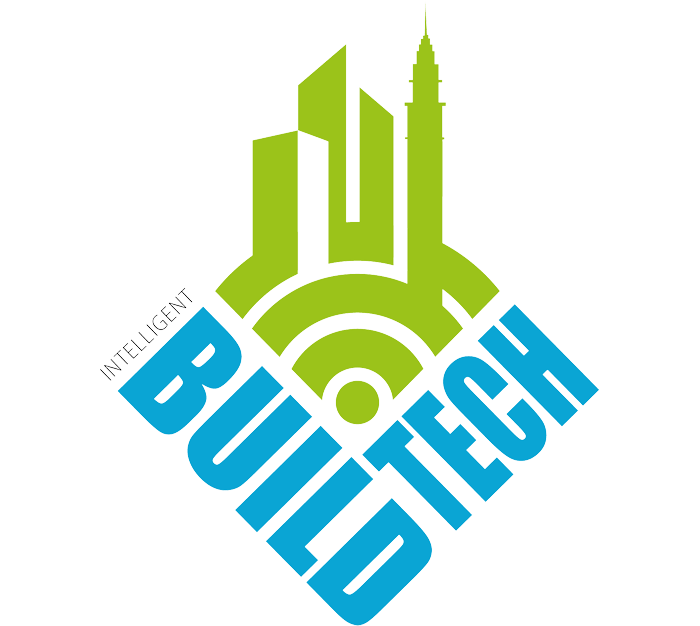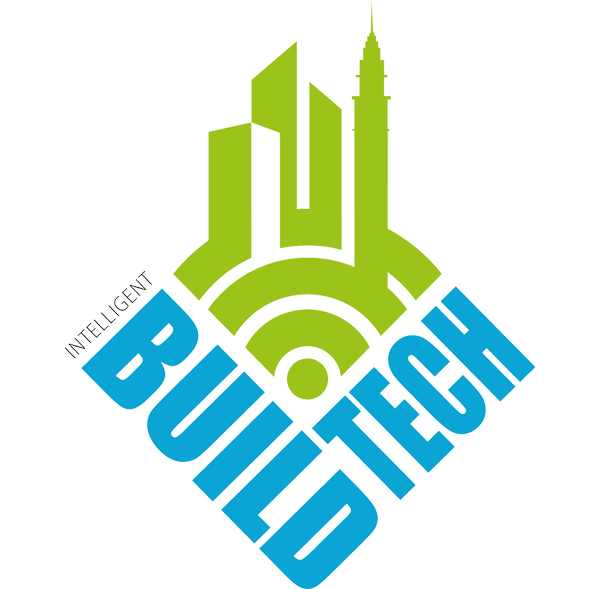Jonathan Bates, Chief Product Officer, Powerfleet, says a transportation revolution propelled by emerging modern concepts such as electrification, autonomy, connectivity and sharing is inevitable.

Today, fleets form the backbone of modern society, facilitating the transport of goods, powering rental services and supporting countless other operations. With trucks moving roughly 72.6% of the United States’ freight by weight, effective fleet management that embraces change is a must to keep these businesses moving.
Given this continued momentum, a transportation revolution propelled by emerging modern concepts such as electrification, autonomy, connectivity and sharing is inevitable. Leveraging new innovations and adopting present-day business strategies will empower companies to redefine transportation in profound ways.
As transportation continues to steadily change, the archaic and traditional methods of operation are no longer an option. With advanced solutions being developed and implemented to satisfy industry demands, and new challengers looking to make a name for themselves, there’s never been a more pressing time to unify business operations.
Here’s how companies can adapt and see success across the transportation industry:
Combating the main challenges facing today’s transportation industry
With an evolving industry comes growing pains. In a line of work where onboard and backend technologies such as electronic logging devices (ELD), fleet tracking, and transportation management systems have become not only widespread but almost essential, there’s now an emphasis to transition from simply collecting data to effectively leveraging it for tangible business change and improvement.
It’s no surprise that the transportation industry faces a problem of an abundance of disconnected data, leading to many issues, including significant threats to organizational health and productivity. Without effective processing mechanisms, this overload leads to reduced profitability, asset inefficiency and decision-making challenges. Additionally, the use of multiple suppliers and siloed platforms has caused increased frustration due to the inability to interpret the volume of data.
All of this points to the dire need for businesses to integrate and harmonize their data to be successful. Companies require information and insights across various aspects of their operations, from mobile assets to personnel and business processes. These data silos destroy organizational effectiveness. In order to consolidate these diverse data sources into one accessible platform, a single solution and partner is paramount. One platform can transform business operations and performance through integrating, harmonizing, simplifying, and actioning data intelligence across operational and executive-level stakeholders, throughout the entire supply chain from start to finish.
Using Technology to Overcome Challenges
With 80% of workers experiencing information overload due to factors such as constant information or an abundance of applications to check every day, it’s clear that indatagestion hugely impacts the success of workers globally. The good news: it is treatable.
To solve for indatagestion, companies should consider platforms such as Powerfleet’s Unity, a data agnostic platform. Unity ingests and harmonizes different data and device sources, provides AI-led modular enterprise SaaS applications, and enables rapid integration to enrich surrounding business systems with vital insights. Streamlining mission-critical operations is crucial for industry transformation.
To truly unify a company’s operations, a safety leader needs data to be integrated into their existing business system. This includes other functions within companies from an HR leader to a Chief Technology or Information Officer, as well as a range of other stakeholders across the business. Data integration into a single pane of glass facilitates unified operations across the business, addressing these typical fragmentation challenges.
Expansion into IoT and AIoT SaaS to Solve This Gap
Technology will continue to play a pivotal role in unifying essential operations and data sources, with artificial intelligence (AI) and automation expected to become increasingly prevalent in the industry. In fact, AI and machine learning (ML) will be the technology most likely to be implemented by 2025.
Diving even deeper, the fusion of AI and IoT has birthed the Artificial Intelligence of Things (AIoT), a frontier reshaping the transportation industry and beyond. Initially, IoT devices operated in isolation, gathering data but lacking integration. Eventually, connected IoT emerged, breaking down silos and enabling data exchange among devices; and augmented IoT integrated analytics transformed data collection into actionable insights. Now, AIoT permits autonomous operations, where AI algorithms drive decisions based on real-time data from interconnected devices, optimizing efficiency and sustainability across sectors.
Powerfleet pioneers this evolution with Unity, which can integrate with any IoT device, data source, or business system. Through AI-led data harmonization, this solution transforms disparate data into actionable insights, enhancing decision-making and business operations.
What’s Next for the Transportation Industry
As we continue to see human roles in transportation evolve, the workforce must embrace adapting to the shifting landscape and future innovations on the horizon. To truly capitalize on AI and its advantages, a focus on data literacy and striking the right balance between human intervention and automation is essential.
We’re at the forefront of a new age: successful transportation operators must undergo digital transformations to align their operations to meet sustainability, compliance and safety challenges. Working with a single solution and partner to unify business operations is a guaranteed way to establish and accelerate a clear path forward.




